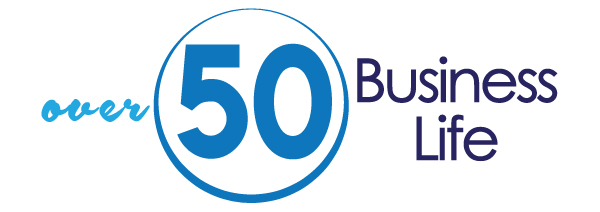
“It was the best of times; it was the worst of times” is not only a famous quote from Charles Dickens’ A Tale of Two Cities—it might be how you’re feeling about finances and retirement given the inflation experienced in the past fourteen months.
For individuals who have an incredible pension and saved to have that perfect retirement portfolio, inflation may not be an issue. For the rest of us, it can hit as close to home as the dinner table.
Given that, what are the questions to ask if you need a second revenue source?
Should you return to some type of employment part time or start a sideline business?
Here are some pros and cons to consider when making the decision:
Pros of Being an Employee After Age 60
1. Steady income: As an employee, you can count on a regular paycheck that provides a sense of financial security. You don’t have to worry about the ups and downs of business revenue and can focus on your job duties and responsibilities.
2. Benefits: Many employers offer benefits such as paid time off.
3. Lower stress: Being an employee often means having a set schedule and a defined set of responsibilities. You don’t have to worry about the stress of managing a business, finding new clients, or dealing with financial and legal issues.
Cons of Being an Employee After Age 60
Part of retirement is the joy in pursuing interests, and relationships that you did not have time for during your working career. The two largest considerations are:
1. Lack of control: As an employee, you have little say in the direction of the company or the decisions that are made. You may not agree with the policies or practices of your employer, but you are obligated to follow them.
2. Limited flexibility: As an employee, you are often expected to work set hours and may not have the flexibility to take time off or adjust your schedule as needed.
Pros of Starting a Business After Age 60
1. Greater income potential: Starting a business can offer the opportunity to earn more money based on your skills and experience. You have the potential to build a profitable enterprise that can support you throughout your retirement.
2. More control: As a business owner, you have complete control over the direction of your company and the decisions that are made. You can build a business that is as small or as large as you would like.
3. Flexibility: Running your own business can offer more flexibility than being an employee. You can set your own schedule, work from home, and take time off as needed.
Remember: When creating a side-line or full business, the vision and reason is important so that the control and flexibility are built into your design.
Cons of Starting a Business After Age 60
1. Financial risk: Some business startups can be expensive and carry financial risk. You may need to invest a significant amount of money upfront and may not see a return on your investment for several years.
2. Long hours: Starting a business often requires long hours and hard work.
3. Increased stress: Running a business can be stressful. You don’t leave it at the end of the day, like you do as an employee. You may need to juggle multiple responsibilities and may not have the support of a larger team.
Ultimately, the decision to be an employee or a business owner after age 60 is your choice. It comes down to your personal circumstances and priorities.










